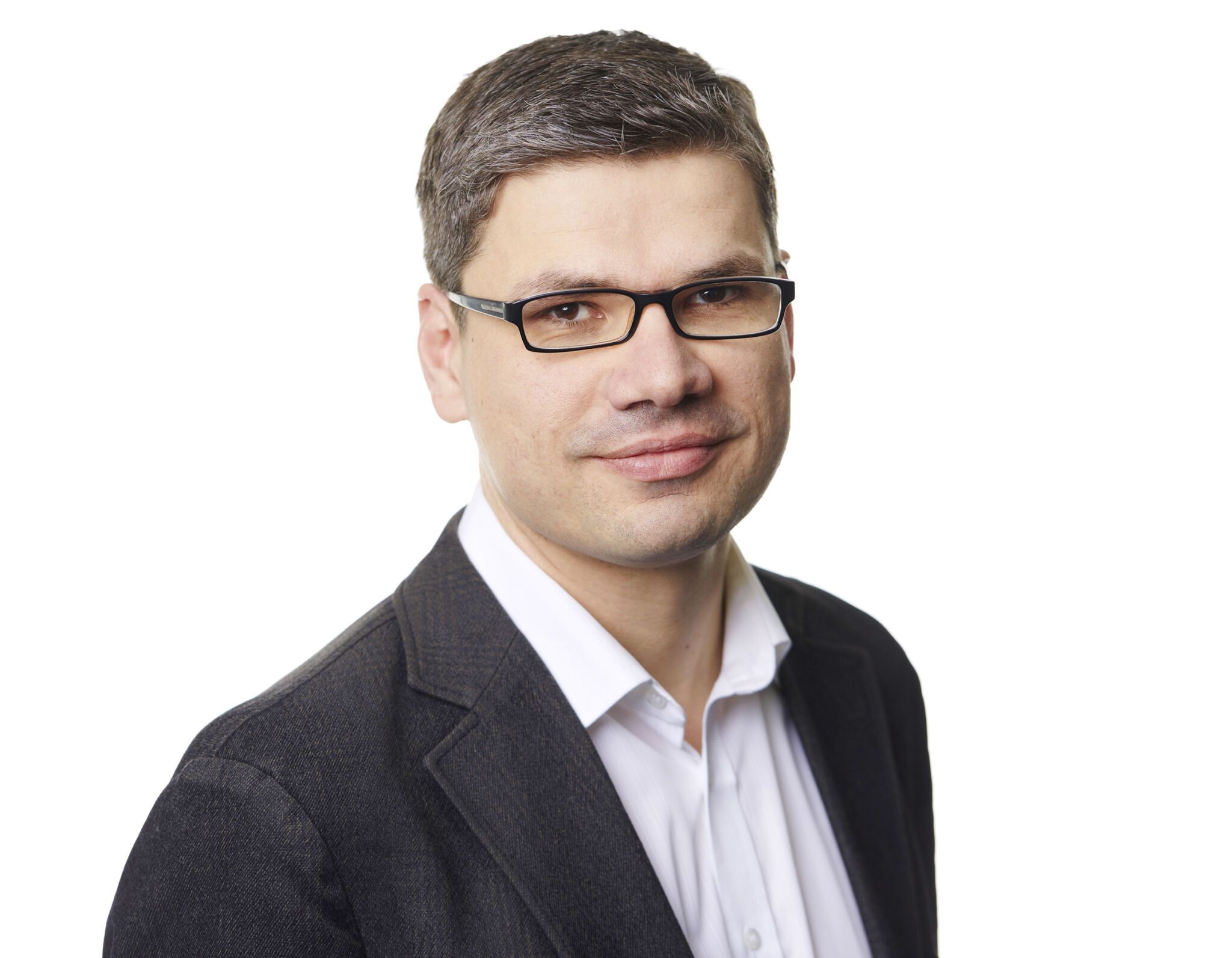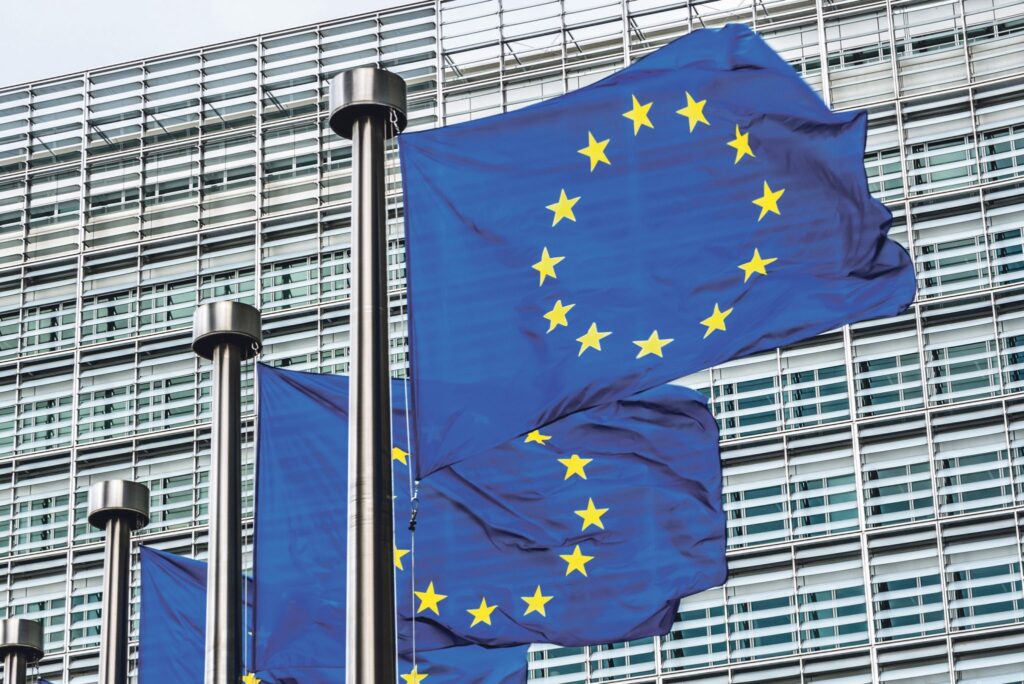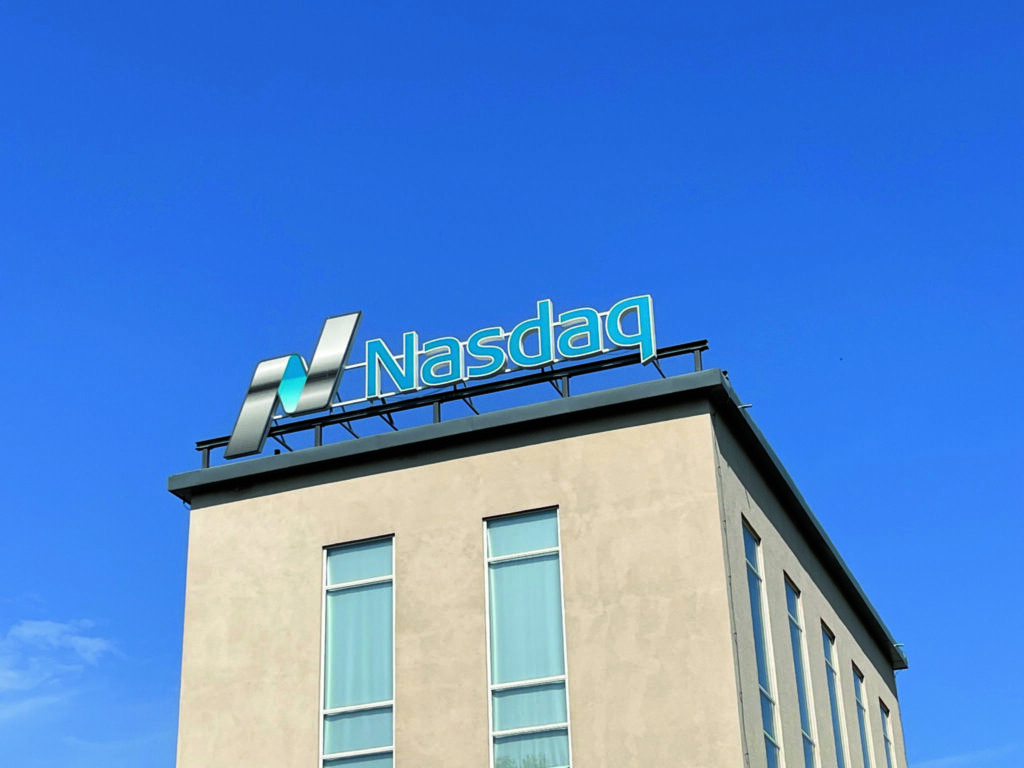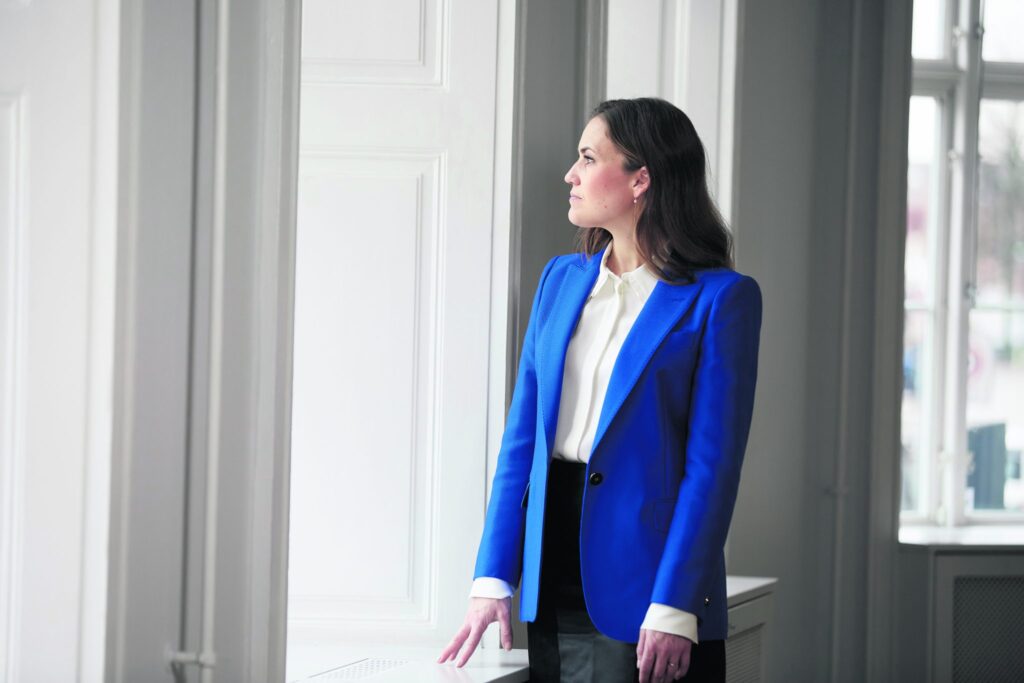Sustainability

Professor:
We Need To Get Excited About Sustainability
By Flemming Østergaard
“Mostly companies themselves define it. We have some indicators that you can use, and initiatives like the Global Compact, certification systems and so on. But there is no neutral authority that would say, this company is sustainable. Surely, some companies are more sustainable than others. But we are talking more about a continuum here, as it is a tricky subject with a lot of grey areas. So, I think, it is more a question of – if your company can be viewed as more sustainable than others, then you have a competitive advantage,” says Andreas Rasche, professor at CBS in Copenhagen, specializing in sustainability issues.
The power of consumers and investors
Companies can help the world move onto a more sustainable path, but the consumers also have a tremendous power and responsibility. “We can change our consumption behaviour. But research shows that there is a significant gap between what consumers say they do, and what they actually do. Very few of us are willing to pay extra for more sustainable products and services. Research indicates it’s only about 15% of consumers who are willing to pay a price premium for sustainable goods and services. But I think it basically means that companies need to work on policies to make it easier for consumers to connect to this debate and provide them with the information that they require in order to make informed decisions.”
Another important group with power to strengthen the sustainability agenda are institutional investors. Investors are always trying to avoid risk and the focus on ESG has become so strong, mostly in Europe, that it has become too risky to ignore.
“The more we know about the sustainability topics, the more we know about climate change, water sustainability, or the social topics – like human rights violations and child labour – the more we know that they actually hurt companies. They expose them to litigation risk and reputational risk, but also operational risk. And that’s why I think institutional investors can and should put more pressure on companies to really work on the sustainability agenda in a more serious way.”
There is substantial evidence that it pays for a company to have a focused ESG strategy. A meta-study by Hamburg University in collaboration with Deutsche Bank covered more than 2,000 studies of the relationship between ESG and Corporate Financial Performance and concluded: “The business case for ESG investing is empirically well founded, such that investment in ESG pays financially and appears stable over time … At worst, investors in ESG mutual funds could expect nothing compared to conventional fund investments.”

A new way of thinking
Well-defined rules or not – it is an enormous task to change the course for the human population. It requires a new way of thinking. We are still using GDP as the primary measure for economic activity on a national level. A measure well-known to be inadequate in many ways, e.g. it does not account for pollution, depletion of resources, destruction of habitats, climate balance, etc. The so-called externality costs are absent from the equation – as they are in companies’ accounting reports as well. How do we deal with that?
”We have the tools to measure such externalities. The problem lies with the politicians rather than the companies. When you talk about aggregate measures, like GDP, we need a political willingness to use the analytical tools that we already have. And that political will is just not there yet. I mean, just look at Madrid and what happened there – governments cannot even come up with a very basic consensus on climate change. So, we are a long way from politicians modifying macroeconomic indicators in a way where they would account for the full cost of doing business. But the important message is that in terms of the analytical techniques, we are there, we could do it,” Andreas Rasche says.
The ugly truth is that if global warming were to be taken seriously in view of the potential costs, there would be no hesitation in addressing the challenges with huge investments here and now because in the end it would be far cheaper, he points out. But the discussion of climate change is still ongoing – some members of the public as well as in powerful political positions still doubt the validity of the claim that continuous emission of mainly CO2 makes the climate warmer and more unstable by amplifying the natural greenhouse effect.
The neglected issues
However, it seems like a convenient excuse, as numerous other threats seem to be largely ignored – threats that cannot be rejected. Like, for instance, the plastic pollution of the oceans, the global mass death of insects and the incredible loss of biodiversity for the past 50 years. An extensive report by IPBES in May 2019 estimated that since 1970 we have, on average, seen a 47 percent reduction in the extent and physical condition of natural ecosystems around the world – and 1 million species of animals and plants are now facing extinction in the coming decades. Why is it only climate change the public and politicians seem to be focused on?
“It has a lot to do with the attention by people and the media focus. The climate crisis got a face through Greta Thunberg in recent years. It’s gotten much more attention by political parties and investors. I think the public discourse around climate change is getting bigger and bigger. And this is then reflected in the attention that we give to the topic. Whereas other topics – like biodiversity, ocean acidification and the use of fresh water are other big topics that are not much discussed. Often these topics remain rather technical, and it will take some time to translate them into language and images that lay people can completely understand. People generally don’t put much attention to the immense loss of biodiversity, for instance, because they don’t know what a balanced ecosystem looks like. What really concerns me with the high focus on mostly climate change is that policymakers might draw the wrong conclusions from that and neglect other important challenges. Basically, we need a lot more information and education in all these highly important topics.”
The SDG Index global ranking for 2019 puts Denmark, Sweden, Finland and Norway at the top – respectively, 1, 2, 3, 8. Does this mean that Nordic companies as such are better at achieving sustainability goals and policies than other countries and regions in the world?
“Yes, they are, from a pure data perspective. But we should not forget that the Nordic companies start from a different base line. The companies operate in societies, where some of the problems relating to inequality, corruption or labour related problems are already addressed through hard law regulation and the general model of a welfare state with free health care, free education, etc. This situation differs from many other countries, also highly developed ones. So, what I’m trying to say is that the base level is a different one and that we need to take this into account. And that’s why I think, we should not get too excited about Nordic companies being among the world leaders in sustainability, although it is clear that Nordic companies have on average very well-developed practices in the area of corporate sustainability.”
Furthermore, the “sustainable Vikings” are predominantly found among the very big companies. In smaller and medium sized companies, the ESG levels are often nothing to write home about, the professor adds. Everything is connected Another important issue is the lack of understanding of how global sustainability challenges are interconnected.

“When we look at sustainability, we see a problem, for instance, carbon dioxide emissions, and we say let’s reduce that. This is how it works with the SDGs. The topics are very often treated like silos by policymakers and by companies. But we need a systems mindset, we need to understand that all the SDGs are interconnected. A systems mindset would look at the positive synergies, but also the trade-offs between different problems. We need to educate people in this kind of systems mindset, and once it is deeply ingrained in how we make decisions, we would slowly move away from the silo thinking, because the silo thinking is not getting us anywhere. It might look good on paper, if we make progress on some of these indicators. But we can easily create negative effects in other problems areas, often without knowing,” the professor points out.
The interconnections are numerous. At least two billion more people in 2050 make several goals harder to reach. For instance, achieving food for all could impact efforts to conserve and restore ecosystems. Efforts to end hunger and achieve food security could involve agricultural practices that limit the availability of clean water and renewable energy. Increased agricultural production, if not sustainable, can also result in deforestation and land degradation, jeopardizing long-term food security, as a report by ICSU on SDG interactions points out. Silo thinking is not just seen in the way we approach the global challenges – it is also a widespread phenomenon in the way companies work.
“When I talk to executives about sustainability matters, I often end up in a situation where the executive says, well, I cannot really answer that question, but I have someone in my organization who can. There is a tendency to isolate sustainability, to make it a separate part of the company. And that is not the right way. Executives should focus on how to deeply weave the ESG agenda into their organizations, for instance by educating employees, training them and making them excited about the sustainability agenda. And it is much easier here in the Nordics to get people excited on these matters than in other countries. Nordic companies should use the opportunity to do exactly that,” says Andreas Rasche.
Most read
What is biodiversity and why does it matter?
Biodiversity describes the rich diversity of life on Earth, from individual species to entire ecosystems. The term was coined in 1985 – a contraction of “biological diversity” – but the huge global biodiversity losses now becoming apparent represent a crisis equalling and quite possibly surpassing climate change. Deforestation, poaching, industrial farming and pollution are some of the ways in which the planet’s natural ecosystem are being disrupted – with devastating results.






